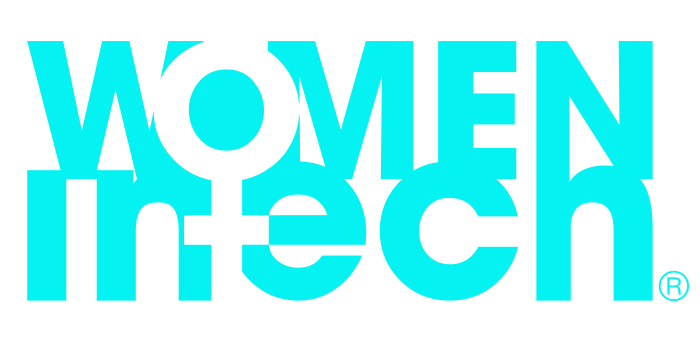The Current State of Women in European Tech
In a recent McKinsey report, “Women in tech: The best bet to solve Europe’s talent shortage,” authors Sven Blumberg, Melanie Krawina, Elina Mäkelä, and Henning Soller present compelling evidence for the urgent need to increase women’s participation in Europe’s tech workforce. Their research, conducted in collaboration with Eightfold AI, offers a comprehensive analysis of the entire development funnel for women in tech, from primary education through to workforce entry.
The study reveals a stark reality: women occupy only 22% of tech roles across European companies. This underrepresentation is not just a matter of equity; it’s an economic imperative. The authors project a tech talent gap of 1.4 to 3.9 million people by 2027 for EU-27 countries. Doubling the share of women in the tech workforce to about 45% could potentially close this gap and boost the EU’s GDP by €260 to €600 billion.
Critical Junctures in the Tech Pipeline
The research identifies two critical junctures where female participation in STEM fields drops significantly. The first occurs during the transition from secondary education to university, with an 18 percentage point decrease. The second drop happens as women move from university to the workforce, accounting for another 15 percentage point decline.
Interestingly, the study found no significant gender disparities in STEM performance during primary and secondary education. In fact, girls in some European countries slightly outperform boys in science and math tests. However, the lack of support and encouragement for girls to pursue STEM careers becomes evident as they approach higher education.
Women’s Representation in the Tech Industry
The report also highlights a concerning trend in the tech industry itself. While women comprise 37% of the workforce in tech and tech-adjacent companies, they represent only 25% of those in actual tech roles. Moreover, women’s representation is particularly low in the fastest-growing and highest-demand tech roles, such as cloud solution architects and Python developers.
Proposed Interventions
To address these challenges, the authors propose four key interventions:
1. Reframe: Create supportive work environments where women can thrive.
2. Retain: Implement strategies to keep women in tech careers.
3. Redeploy: Focus on placing women in high-growth tech roles.
4. Ramp up: Increase support for women in university STEM programs.
These strategies could potentially increase the number of women in tech roles by 1.6 to 3.9 million by 2027, bringing their share to between 33% and 45% of the total tech workforce.
Conclusion
This research underscores the critical importance of addressing gender disparities in the tech industry, not just as a matter of social equity, but as a key strategy for economic growth and competitiveness in Europe. As the tech sector continues to drive innovation and economic development, ensuring women’s full participation will be essential for Europe’s future success.
References:
- Blumberg, S., Krawina, M., Mäkelä, E., & Soller, H. (2023). Women in tech: The best bet to solve Europe’s talent shortage. McKinsey & Company. https://www.mckinsey.com/industries/technology-media-and-telecommunications/our-insights/women-in-tech-the-best-bet-to-solve-europes-talent-shortage
- Atomico. (2022). State of European tech 2022. https://2022.stateofeuropeantech.com/
- Eurostat. (n.d.). Education and training statistics. European Commission. https://ec.europa.eu/eurostat/web/education-and-training/data/database
- Zacharia, Z. C., Hovardas, T., Xenofontos, N., Pavlou, I., & Irakleous, M. (2020). Education and employment of women in science, technology and the digital economy, including AI and its influence on gender equality. European Parliament. https://www.europarl.europa.eu/thinktank/en/document/IPOL_STU(2020)651042
- Web Summit. (2022). The state of gender equity in tech. https://websummit.com/media/the-state-of-gender-equity-in-tech
- Integrating Women Leaders Foundation. (2022). State of allyship-in-action benchmark study. https://iwlfoundation.org/allyship-in-action/
- McKinsey Global Institute. (2022). Human capital at work: The value of experience. https://www.mckinsey.com/mgi/our-research/human-capital-at-work-the-value-of-experience


